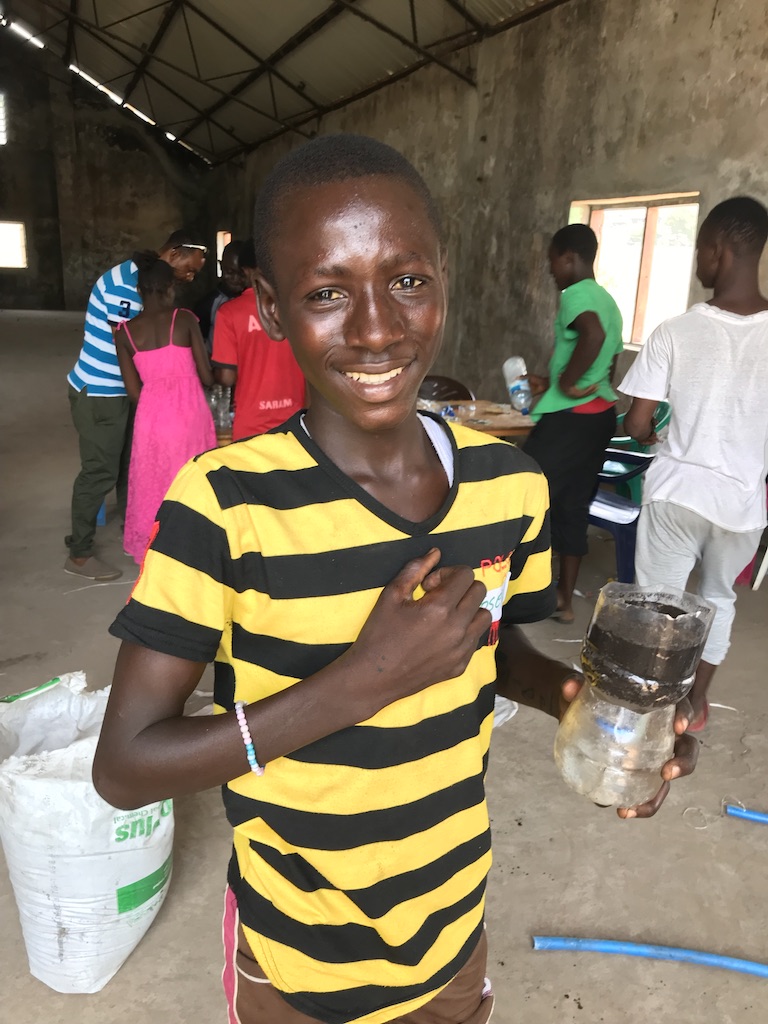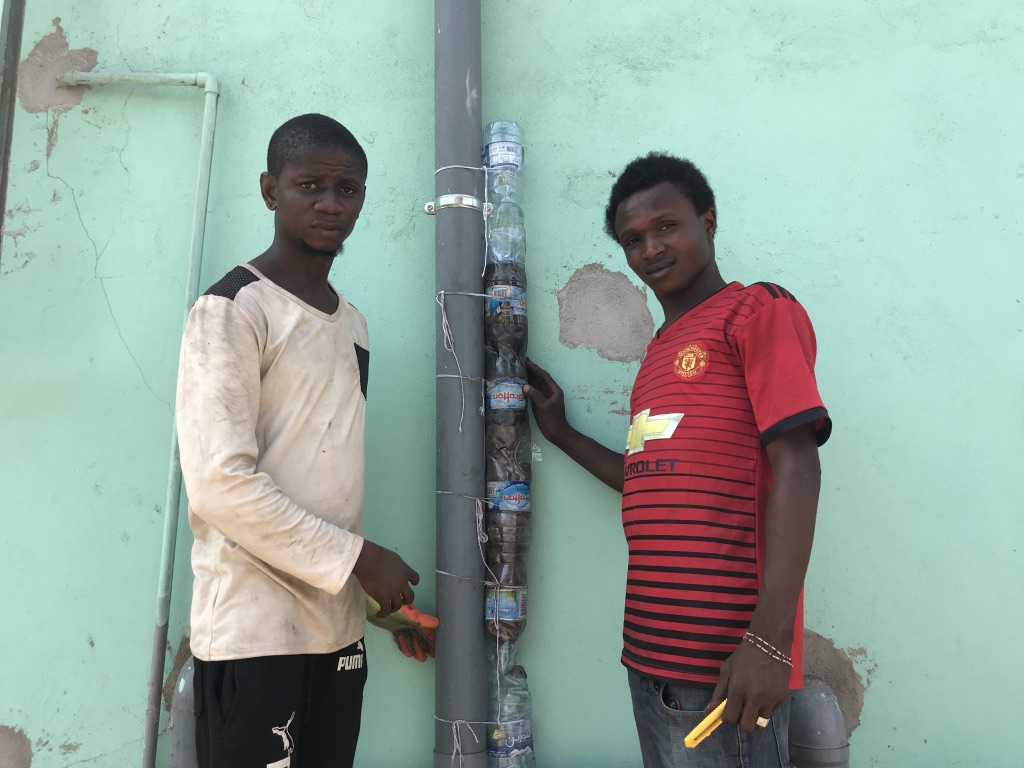Sierra Leone Workshop with the kids from Freetown Dump
Sierra Leone is one of the most beautiful places on Earth.
Stunning beaches and truly wonderful people, up there with the friendliest in the World. However, when I tell people I am going to Sierra Leone they always worry about my safety. They think of civil war, Ebola and terrorism, conflating all West Africas problems together. The civil war ended 17 years ago, the last case of Ebola 3 years and the Christian and Muslim communities live together in a respectful and tolerant manner. I have always felt incredibly completely welcome and safe in Sierra Leone, joining in numerous football matches and making many friends.
Context
As well as being the third poorest nation, Sierra Leone has had a host of other problems. I am working with the kids who live on, or by the dump. The photos give an idea of their environment
The Workshops
Day 1
The gates to the dump are opened and we drive in to a vision of hell. Figures sift through the smoke amidst piles of burning rubbish. They are looking for items that they can sell. Life is hard in Sierra Leone, for these people it’s even harder. I’m running a Rubbish Science workshop for the children (aged 12-18)
A blazing tyre fills the air with black acrid smoke, the purpose of burning is to release the metal wires that reinforce it and to burn off some plastics attached to some aluminium items. Even the wire is a saleable item and here everything that can be sold has some value. When you are trying simply to survive, environmental concerns are a luxury you cannot afford.
The idea of failure as a starting point, not the end, was covered in depth. Building newspaper towers was the first challenge with the idea of stability and centre of mass explicitly taught after their prototyping phase, at the point they realise that this is useful information to them. Initial failure was overcome and they constantly improved their designs.
They made fishing line from plastic bags. Using the ideas of failure and trial and error they started slowly, but then showed good design thinking in order to tweak and improve.
Next was fly traps but my instructions were clearly poorly transferred. They all made a trap but instead of baiting them they ran outside caught lots of flies by hand and forced them into the traps. Proudly showing me what they had caught! I decided to revisit it on day 2 !
The plastic bottle spiralisers were built without paying much heed to my model. Frustrations at first led to people using a craft knife to replicate the effect with long chains clearly not made from their jigs.
Samuel’s Story
Samuel was 13 when his parents both died of Ebola virus infection. With no other support, he was forced to leave his home and live on the dump. He holds the keys to the gates and lets cars in and out. He has not been to school since his parents died and Living with his friend that he calls his brother they look after each other.
Day 2
I was unsure as to how today would go as the second day was application of the ideas from Day 1. I was happy to see all of the students had returned.
The challenge was to determine the best plastic bag from a white, blue and black one. The idea of evidence was introduced. How might I show something was true? So they needed to use the same size strips and the same technique. I was really impressed on how they did.
We revisited the spiralisers and it was like another group had appeared. Showing persistence and perseverance the joy of achievement was wonderful to see.
Next up were the fly traps and this time they got the idea, with sugar water still being the favourite and seemingly the best
Germination of seeds with self watering greenhouse systems was next. The disadvantage of this and most biological aspects of rubbish science is that it takes too long to see any results.
Similarly, the composting self-watering barrels were shown in order for the students to create and replicate rather than to experiment with then and there
Footballs were given to each participant causing such joy as to be heart-rending
Day 3
Following a meeting at Sensi Hub with Shae Recycling also involved I was encouraged to continue.
3 students who all lived on the dump and were orphaned volunteered to come the next day. We bought wood and tried to find seeds and seedlings but it was really hard. It seems that the food is only grown in rural areas and nothing seems to be grown in containers. It may be a good idea to introduce keyhole gardens.
With the wood and some old mosquito nets, we built two pretty massive compost bins. At first, I was frustrated by the Sierra Leonians habit of only engaging in one task at a time with one person doing and the rest just hanging around them. Though after sawing and digging in the intense heat I soon joined them happily in a more languid and companionable, if less efficient role.
By the end of the day, we had compost bins, seeds planted in mini self-watering greenhouses a vertical bottle garden and multiple composting self-watering drums.
What happens next depends on these kids. Will they stick with it, grow things and create a better life for themselves?
Whats next?
Rubbish Science aims to empower local communities to try and solve their own problems. It makes no presumptions about the right way to do things or have any cultural arrogance. We only try to provoke thinking in productive ways and equip local people to continue with projects. We are hoping to continue supporting these communities with our local partners.
If you are interested in getting involved or sponsoring a project please get in touch.
Thanks to Sensi Tech Hub who very kindly allowed us to use their facilities next to the dump. The fantastic James Tarawalie who was an immense help. BAM Nuttall in Sierra Leone for sorting my accommodation and transport with the wonderful Dennis my driver for the week and Robert who sorted everything. Shae Recycling also provided support and I look forward to working with you more in the future.









